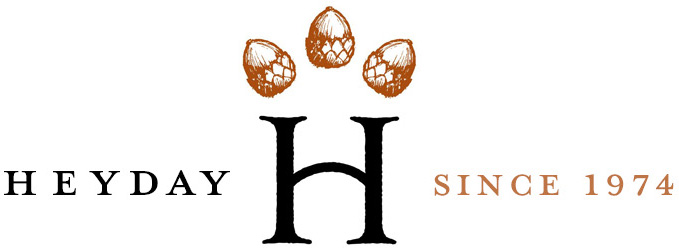
An interview with Ursula Pike
Which piece of contextual background information about An Indian among los Indígenas would you give to readers?
Travel books have always been one of my favorite genres, but as much as I loved reading about riding a train across a continent or crossing a desert on a camel, I knew those travelers started their trip from a different place than I would. My book is a travel story from a different perspective, one that is informed both by my identity as a Karuk woman, but also by the history of Natives in the US and in South America.
Your book deals with many serious topics, but it’s also full of funny moments and observations. For you, what’s the importance of humor in telling a story like this?
Stories about Native people tend to emphasize the tragedy of our histories and the resilience of our cultures. But Native people are also funny and humor is as much a part of our cultures as anything else. There’s power in that humor. As a writer, I want you to laugh at my jokes and listen to what I have to say, not feel sorry for me or the people I write about. Humor can help me achieve that goal by demystifying and humanizing all of us.
Why do you think it’s valuable to tell the story of your time in Bolivia now, almost thirty years after the experience? What has changed (in your life or globally) since your time there?
As the United States examines institutions and long-held beliefs through an equity lens, charity, economic development, and even the Peace Corps need to be considered. This book provides an example of how I as a Native woman couldn’t help but consider historical inequities, racism, and Indigenous identity in my work.
This book is also for Black, Indigenous, and other People of Color, who, like me, struggle with being both marginalized and privileged as we work in spaces where there are few people like us. Assimilation can open doors but the rooms it allows us to enter are complicated as we are tokenized and often not empowered to speak. I hope the book will encourage others in this situation to tell their story.
Bolivia is in the midst of historic change, and my book gives insight into the history of an Indigenous country from a Native person. The country’s first Indigenous president, Evo Morales, was forced out of office in 2019 after over thirteen years in power, and my book shows what life was like in the years leading up to Morales’s presidency.
Explore the book
